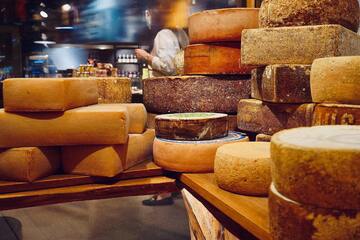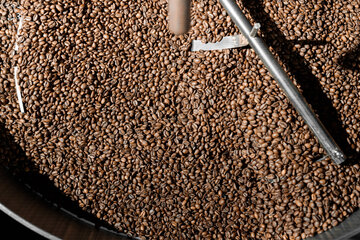Home beer brewing: How to make beer at home
Cold, fresh beers are going to be well needed as the days get warmer. Keeping your fridge stocked can be expensive, so is it possible to make your own? Here's how to make beer at home, and everything you need to do it.
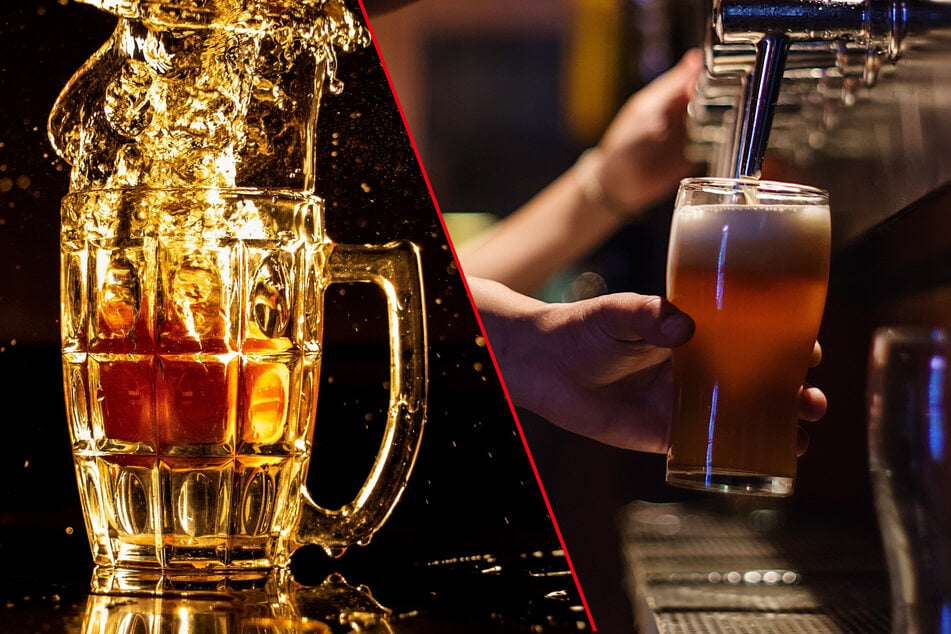
If you're excited for the hot months to come, home brewing could be your answer to a cheap and reliable beer source. After all, there's nothing better than cracking open a cold one, sitting in the shade, and watching the waves roll in on the beach, except maybe if that beer was free (and a labor of love).
Grab some food, buckle down, and start preparing yourself for some home brewing. TAG24 is here with a step-by-step guide to brewing homemade beer. What do you need, how do you do it, and how long does it take?
Why should you make homemade beer?
Beer is an expensive but wonderful treat, and the perfect thing for hot weather, summer months, and beach days. With those tangy hops and that sizzling sparkle, there's little to dislike (if you have a taste for the stuff). But what if we told you it isn't that hard to provide yourself with a near-endless supply?
Homemade beer is a great hobby because it is time-consuming, fun, and highly technical – and results in a fantastic product. Whether you choose to make it with an easy-use kit, or buy all of your own equipment individually, beer brewing can be a long and fruitful process.
Warning: While home brewing is a lot of fun and results in a large quantity of (hopefully) delicious beer, it shouldn't be used as a license to drink too much. These beverages will be alcoholic, and the overconsumption of alcohol can lead to many serious health and social consequences.
So, is home beer brewing worth it?
Brewing your own beer has a very high start-up cost, so you'll only start turning a profit once you have made several batches. On top of that, the beer you brew at home will, generally, not be as high quality as the stuff you buy. After a few batches it will improve, but it is unlikely to reach the quality you might expect.
Ultimately, the reality is that making homemade beer provides you with a great hobby, but isn't necessarily worth the hassle if you are simply looking for a trusty beer-source. If you do it for fun, it's worth it. If not, then it ain't.
How to make your own beer: Recipe
It's important to recognize a few things before you start brewing your own beer. The first thing is you're not likely to produce great beer the first time you give it a go. It will take a while to get the technique right, the mix and proportions correct, and the fermentation process down-pat.
Secondly, you're not going to break even very quickly. Good brewing supplies are expensive, and it'll take a while before you even get close to making your money back. The third thing is that patience is the key to beer brewing. Give it the right amount of time, and don't take shortcuts.
It's time to take you through how to brew your own beer. What supplies are you going to need, what ingredients are required, and how do you do it?
What home beer brewing supplies do you need?
Feel free to buy a pre-prepared beer brewing kit when you first take up the hobby. In fact, it is highly recommended, but make sure it contains all the things you need. On top of the basic ingredients, you are going to need a number of different items.
To brew beer, you're going to need this equipment:
- Brewing kettle
- Spoon for stirring
- Sanitizer
- Fermentor with an air lock
- Auto-siphon
- Mesh bag
- Plastic funnel
If you're unsure: When buying these products, it is actually best to go to a beer-making specialist and get their advice. They will provide you with everything you need, and if you're not going for a kit, they might be able to provide you with a little discount for buying everything together.
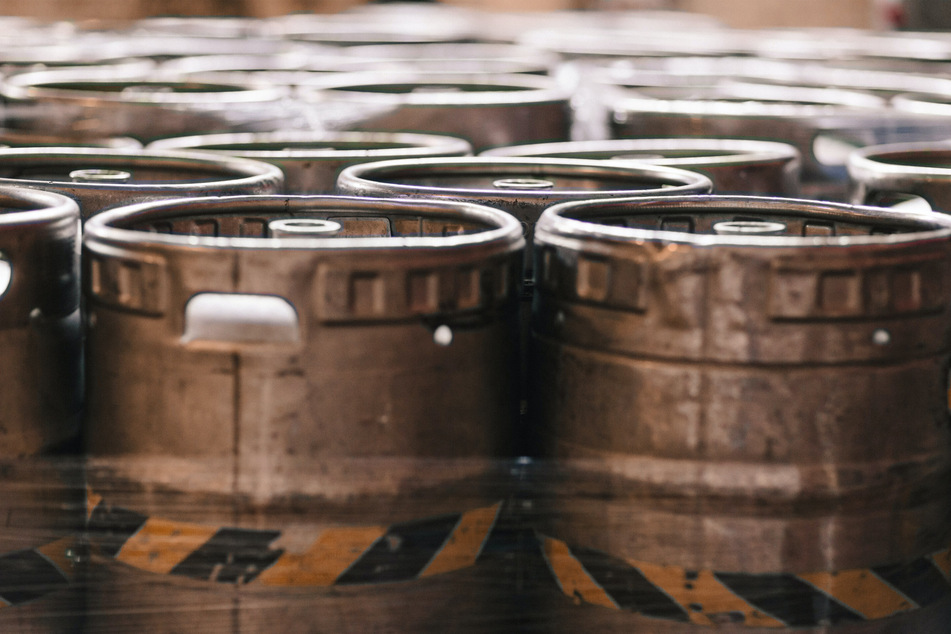
How to make beer | Ingredients
So what are the actual ingredients of beer? Well, it depends on what kind of beer you want to make. In the United States, beer often has a lot of sugar in it, but in more traditional beer-making cultures, there is little more than water, hops, malt, and yeast. We're going traditional today, so here's what you'll need!
Here are the ingredients you'll need for homemade beer:
- Steeping grains (around half a pound)
- Malt / malt extract (go by instructions of particular malt)
- Hops (a few ounces, depending on your proportions)
- Dry or liquid yeast
- Water
On the proportions: It is best to start with a brewing kit, which will come with all the required ingredients. This is a generic recipe, so we haven't included specific quantities. Ultimately, this all depends on the specific products you have bought.
How to make beer | Instructions
Let's get down to business. Making beer is a long and complicated process, with many steps. This recipe will take you through them as a broad overview, but should not be used as a precise step-by-step process. Use this to get an idea of what is required when you are making homemade beer.
Here's how to make your own homemade beer
Step 1: Sanitize everything thoroughly. You need everything to be absolutely crystal clear and shining clean. It's vital that everything is sterilized so that no extra bacteria can get into the brew and cause everything to go bad.
Step 2: Heat 2–3 gallons of water to around 150°F. Add your grain to the mesh back and steep it for around half an hour.
Step 3: After removing the bag, draining it of water, and discarding, bring the water to a boil and add your malt. During this process, you also need to add your hops, but you should do this around 20–30 minutes before the end of the boiling process. Overall, keep it at a steady boil for one hour. You have now made a wort.
Step 4: Once the wort has cooled to around 50-60°F, it's time to add around 2 gallons of cold water to your fermentor. Mix in your wort.
Step 5: After sealing your fermentor, give it a shake to help aerate the wort-water mix. If the total volume is less than 4.5-5 gallons, add a little more water.
Step 6: When your wort is less than 50°F, you now need to add your yeast, carefully pouring it in the fermentor. If your fermentor has a lock, add about a tbsp of water into the lock before you seal it.
Step 7: Once your fermentor is fully sealed up and aerated, move it into a dark and cool spot to allow it to ferment. Let it ferment for around four weeks, or until the airlock has stopped bubbling and there is no more foam.
Step 8: Having fully sanitized your beer bottles, it's time to decant the beer into the bottles and seal them properly with a bottle cap. Allow them to condition at room temperature for 2–4 weeks.
Step 9: Refrigerate your beer bottles and pour them into a nice big beer glass. Enjoy with a good barbecue, on a nice hot summer's day.
Again, this is a very simplified recipe. You will need to make various adjustments to your beer for different styles, but ultimately, it is all about getting those hops, wheat, and malts fermented.
Do you need a proper beer brewing kit?
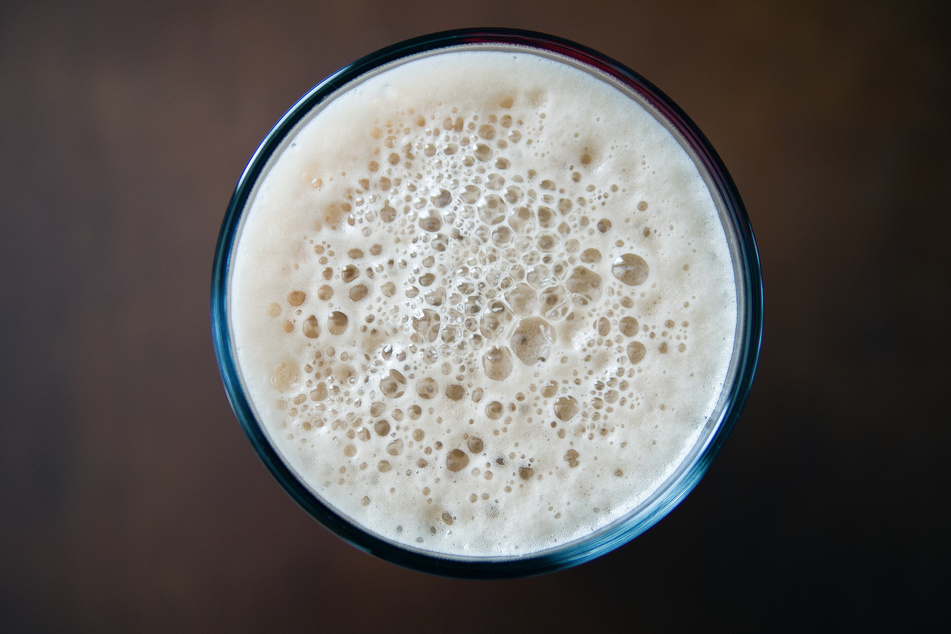
You do not need to buy a ready-made beer brewing kit, as you can purchase all the needed equipment separately. What we would recommend, though, is that you start off with a kit and only purchase higher quality equipment once you know what you are doing and are sure that you'll continue.
High-end equipment can get very expensive, so you want to be sure that the investment is worth your while. Start off with a medium-range kit, and build upon that. Don't buy the cheapest thing you can find. In the end, if you use bad equipment and produce bad beer, you'll be less likely to continue the hobby.
How long does it take to make beer?
While it depends on the type of beer you are brewing, it'll generally take between 4 and 8 weeks to make homemade beer. The reality is that the actual cooking process, the preparation of your raw ingredients, will only take a few short hours. What takes a good long time is the fermentation.
You can expect to generally spend a few hours preparing everything, about 2–4 weeks fermenting, and then around 2–4 weeks of bottle conditioning. Ultimately, you can get it all done in about four weeks, but you won't produce the best result, and it won't be worth your trouble.
Brewing homemade beer is hard, but can be worth it
Brewing your own homemade beer is a long and difficult process, but can be fantastic if you get it right. Sure, it might annoy the living heck out of your partner (it can smell rather odd), but once that cold liquid love is ready for drinking, it'll be worth every inconvenience.
Of course, it's important to drink responsibly. While you may have made this beautiful beverage yourself, it's never good to consume too much alcohol. Also, the more you drink, the sooner it'll be all gone!
Cover photo: Pradnyal Gandhi / Unsplash (Left), Gonzalo Remy / Unsplash (Right), & TAG24 Edit


